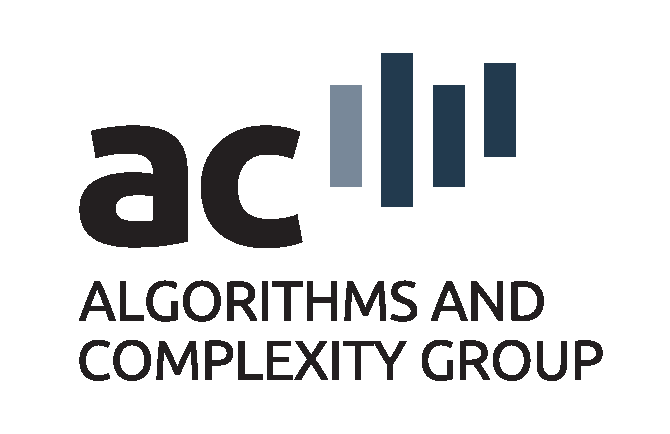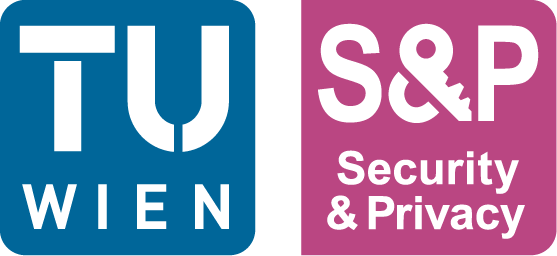LogiCS@TUWien Programme
[About | Programme | Training | Researchers | Supervisors | Team | Student Guide | FAQ]
Innovative Doctoral Training in the Heart of Europe
LogiCS@TUWien is a novel interdisciplinary EC H2020 Marie Skłodowska-Curie COFUND doctoral training programme for international high-potential early-stage researchers (ESRs) with a focus on Logical methods in Computer Science at Technische Universität Wien (TU Wien) in Vienna, Austria.
LogiCS@TUWien will be a top international graduate program implementing a unique combination of disciplines where logical methods have a decisive impact on practical computer science and society in the coming decades. It builds upon the highly successful LogiCS program which is funded by the Austrian Science Fund FWF.
As a doctoral program and a hotspot for innovative logic-related research in Europe, it will establish an internationally outstanding center of excellence for Logical Methods in Computer Science. The structure of LogiCS@TUWien reflects our faculty and doctoral supervisors’ scientific strength in Logical Methods in Computer Science and their applications, particularly to Artificial Intelligence, Databases, Verification, Algorithms, Security and Cyber-Physical Systems.
These research topics are driven by demand from industry and real-world problems. The programme provides a 4-year long doctoral training for international PhD candidates at the Faculty of Informatics at TU Wien, offering an English language curriculum. LogiCS@TUWien has recruited 20 PhD candidates and will run for 60 months.

Logic in Vienna
Shaping the Digital Technologies for the 21 Century with Logic
Logic is everywhere. It offers precision and trust and it is therefore at the basis of many applications in various fields. Originally invented as a tool for sound argumentation, it reached maturity in the form of mathematical logic and analytic philosophy in the early 20th century, notably with significant contributions from Vienna (e.g. Kurt Gödel and the Vienna Circle). In no scientific discipline has logic been as successfully deployed as in Computer Science, where logical methods effectively allow computers to reason both about the external world as well as about the behaviour of computer programs themselves.
Several areas of computer science, like Artificial Intelligence, Program Verification, Databases, Algorithms, Security and Cyber-physical Systems put major emphasis on the development of logic-based methods with the goal of making computer systems smart and reliable.
World-Class Research Environment at TU Wien
TU Wien is an internationally recognised center of excellence for these logical methods. Many resources have been invested in the last decade to establish TU Wien as a Logic in Computer Science powerhouse, and a multitude of existing grants, events, initiatives, and collaborations have contributed to our current recognition in the field.
Among them, a central role was played by the Vienna Summer of Logic 2014 – the largest conference in the history of logic, the Vienna Center for Logic and Algorithms, and by a doctoral school funded by FWF (2014-2022), which attracted not only a brilliant cohort of 78 mostly international doctoral students, chosen among 964 applicants, but also outstanding new faculty members in logic and related areas.
LogiCS@TUWien builds on this success story to institutionalise a high-quality doctoral training in computer science at TU Wien as a logic-hotspot in Austria and Europe, fostering scientific collaborations and pursuing innovative research
Participating Research Units at TU Wien
The LogiCS@TUWien programme will be hosted by TU Wien’s Faculty of Informatics and professors from the following research units:
- Algorithms and Complexity
- Cyber-Physical Systems
- Databases and Artificial Intelligence
- Formal Methods in Systems Engineering
- Knowledge-Based Systems
- Security and Privacy
- Theory and Logic
Funding
This project has received funding from the European Union’s Horizon 2020 research and innovation programme under the Marie Skłodowska-Curie
grant agreement No 101034440. 







